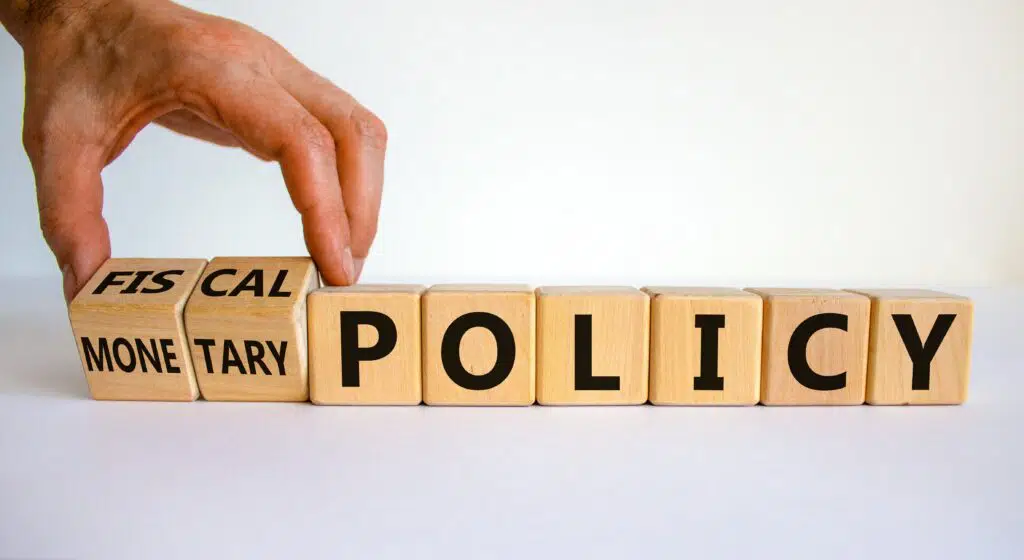Before we discuss how the monetary policy affects forex market, the purpose needs to be understood clearly. The governments and central banks collectively formulate the monetary policy to achieve certain goals or economic mandates. The central banks and monetary policies are inter-related to one another and it is impossible to talk about one without discussing the other. They have common goals and mandates that are quite similar with those of the World Bank.
The purpose of the monetary policy is to boil down to promoting and maintaining the economic growth and price stability. The central bank mainly uses the monetary policy to control the following:
- The increase in inflation
- Money supply
- Interest rates related to the cost of money
- Reserve requirements over the banks
- Lending to the commercial banks
Unlike the fiscal policy, there are four types of monetary policy:
- Expansionary monetary policy
- Restrictive monetary policy
- Accommodative monetary policy
- Neutral monetary policy
The expansionary monetary policy increases the money supply or decreases the interest rate. The cost of borrowing money goes down in hopes that the investment and spending will increase. The restrictive monetary policy, also known as the contractionary monetary policy, reduces the size of the money supply. The same effect can be implemented by increasing the interest rates. In this monetary policy, the idea is to slow the economic growth with high rates of interest. The borrowing of money due to high interest and tax rates become more expensive and as a result the spending and investment by both businesses and consumers is reduced.
Accommodative monetary policy creates economic growth by lowering the interest rate; however, the tight monetary policy reduces the inflation and restrains the economic growth by increasing the interest rate. Last, the neutral monetary policy remains neutral and does not have any concern with creating growth or reduce the inflation.
It should be noted here that the central banks do have an inflation target that is controlled inflation. However, uncontrolled inflation has a negative impact on the economy and the country’s currency as well. Forex traders collect data and study the economy to make up a mind whether or not to invest in the currency. The interest rate hikes can be like stopping the economic growth and uplifting the trust of the forex traders from investing in the currency. The effects of monetary policy do not reflect in the Forex market at once. If the monetary policy is in place for a year or two, it will be reflected in the value of the currency in the global currency market.
Every central bank does not change the monetary policy at once but implement it in steps. For example, the interest rates are not increased from let’s say 0.25% to 2%. The central banks change it in small proportions to maintain the value of the currency in the Forex market.
For Forex traders, it is imperative to know as much as possible about the changes being made in the monetary policy of the country where they are making the investment to know how the monetary policy affects Forex market. The monetary policy being implemented may want you to look into your trade strategy.


